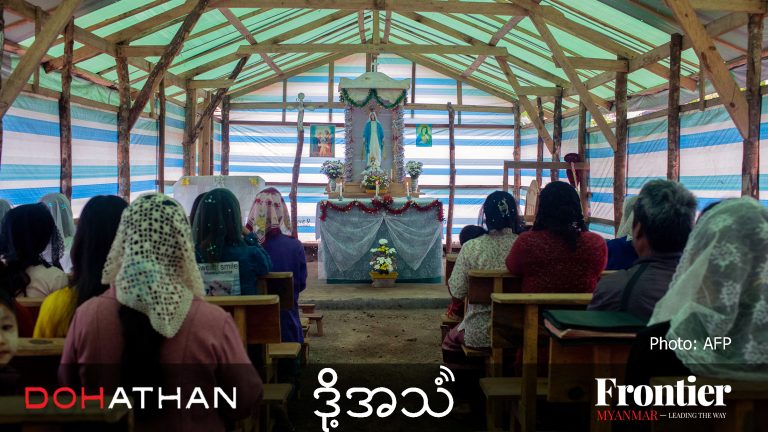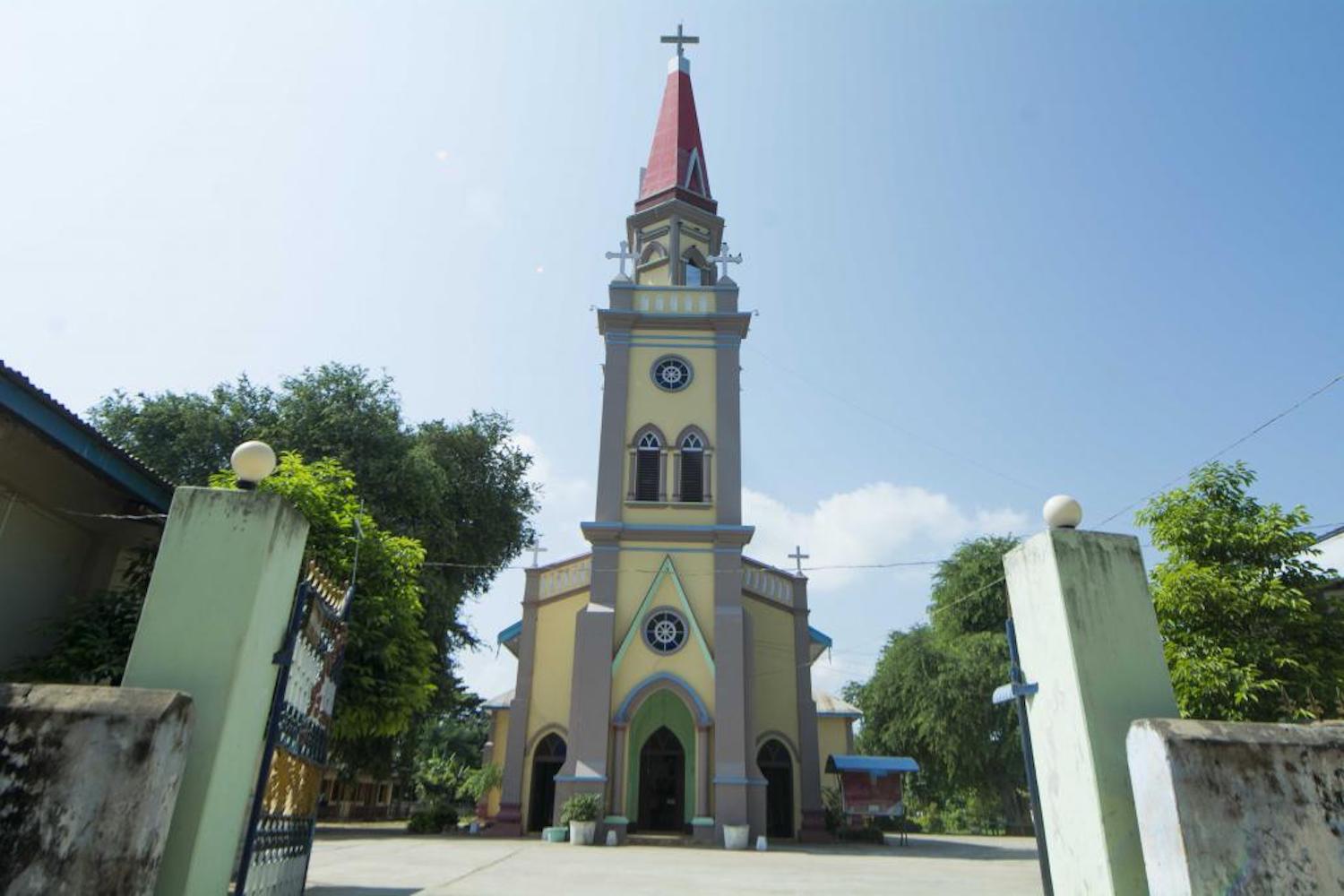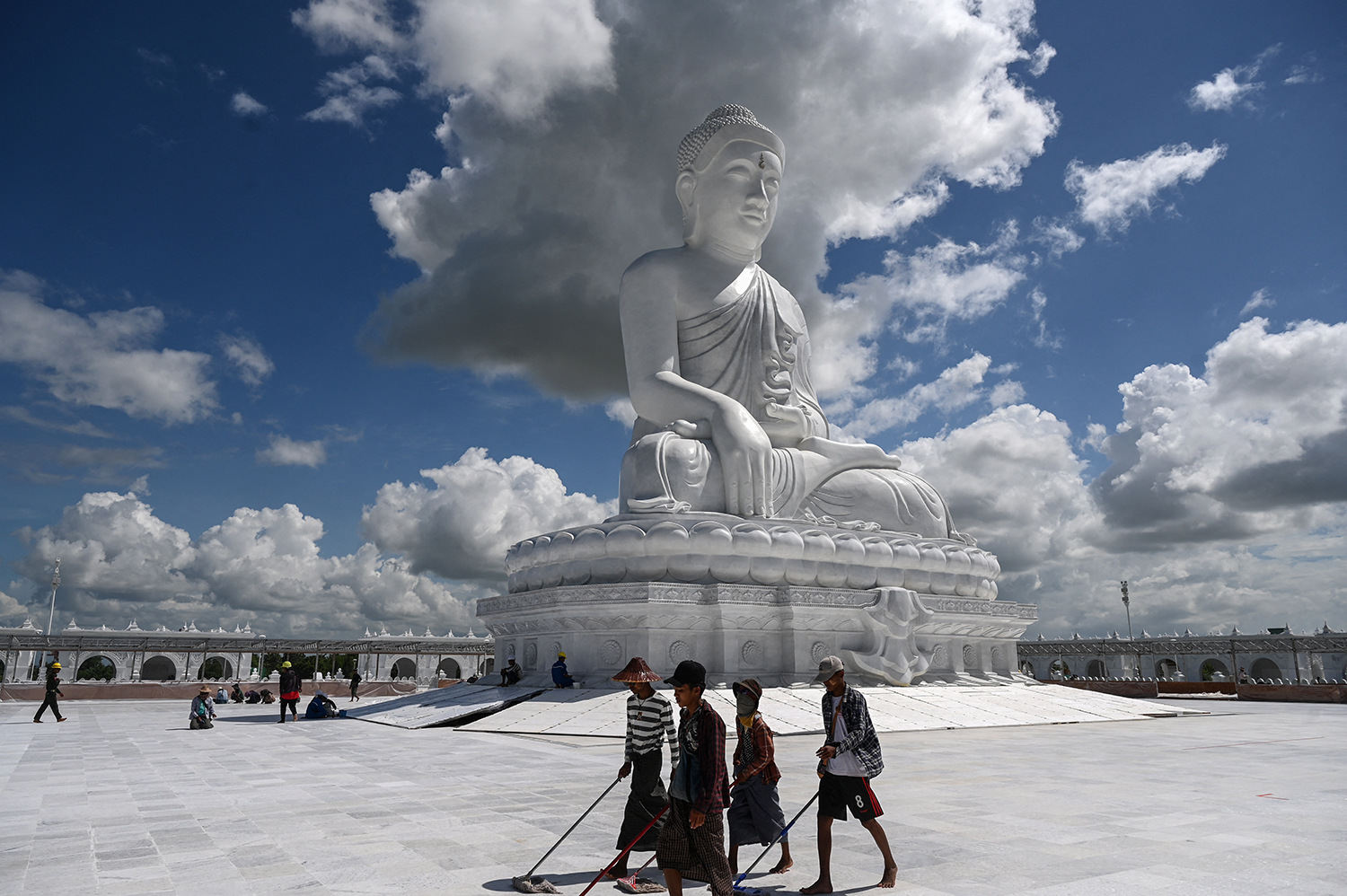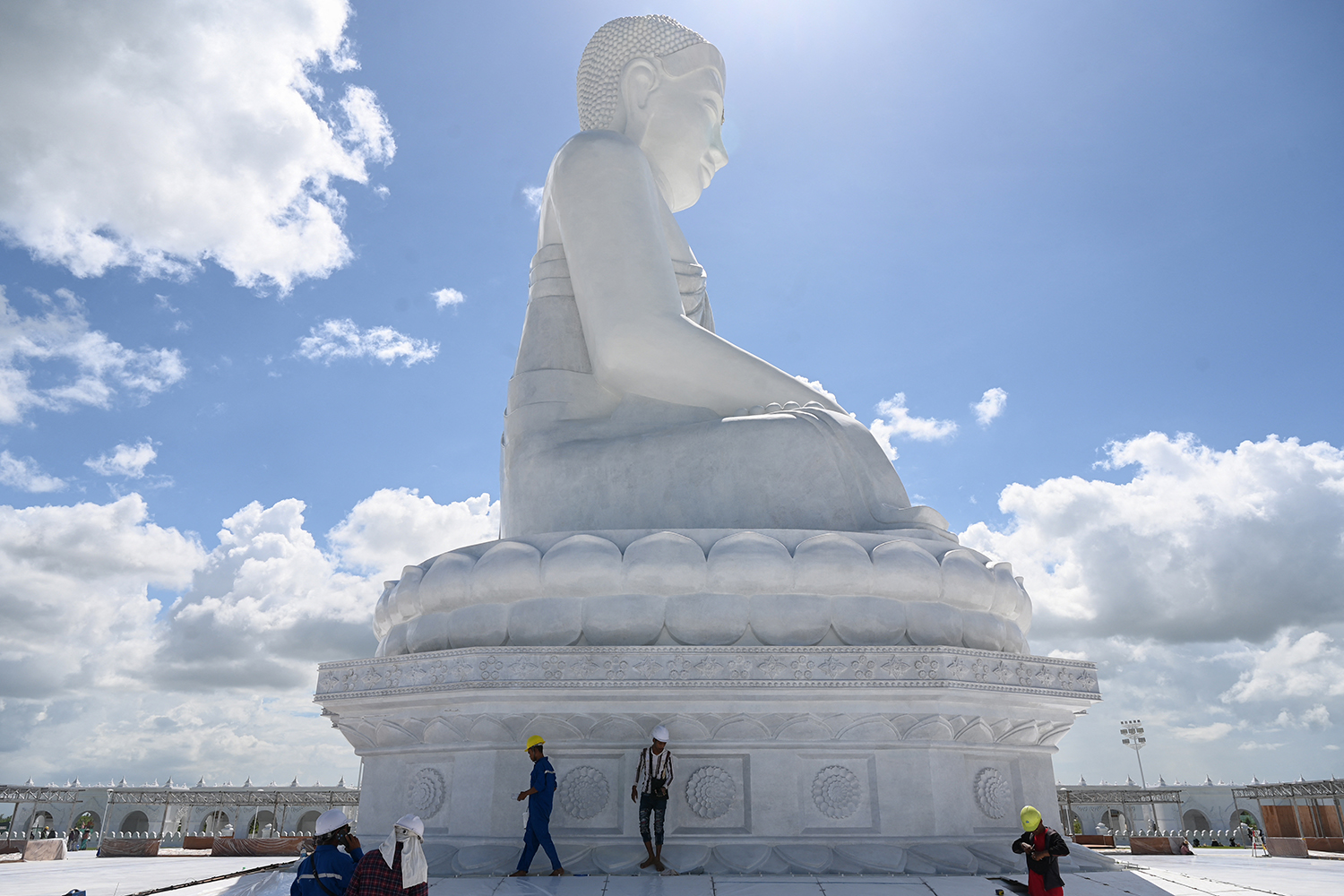One of Myanmar’s most respected monks made some unexpected references to Iran when he addressed thousands of monks at a rally in Yangon earlier this month.
Ma Ba Tha, the Committee for the Protection of Race and Religion, celebrated the promulgation of four controversial laws at a rally attended by tens of thousands of people at Yangon’s Thuwana Stadium on October 4.
As well as members of the sangha, the event to celebrate the passage of the so-called race and religion laws was attended by lay people and representatives of political parties that support Ma Ba Tha.
Speakers at the event included the Venerable U Nyanissara, popularly known as the Sitagu Sayadaw, who is respected domestically and internationally for his missionary and charity work. His speech was notable because he has not taken an active role in the activities of Ma Ba Tha and I would like to explore his comments on the relationship between religion and politics in Myanmar.
The Sitagu Sayadaw welcomed the enactment of the four laws, as approved by the hluttaw and the government at the prompting of Ma Ba Tha, but he also admonished some members of the sangha for having transgressed into the realm of politics. He concluded his speech by saying that members of the sangha, as sons of the Buddha, should live in peaceful coexistence with people of all faiths.
There was an unexpected reference in the Sayadaw’s speech to the Islamic Republic of Iran. He spoke of visiting Iran and meeting those who had drafted its constitution, which decrees that Islam is the official religion, as it is in Pakistan and Malaysia. The Sitagu Sayadaw also referred to the law making Buddhism the state religion that was adopted under Prime Minister U Nu in August 1961 and abolished by General Ne Win after he seized power the following year.
Support more independent journalism like this. Sign up to be a Frontier member.
“I would like to conclude that although some efforts have been made recently [to make Buddhism the official religion], they have not gone as far as expected,” he said.
The Sayadaw added that in Iran the supreme leader must be a religious leader who under the constitution has a higher status than the president.
“In Myanmar, you all know the position of the State Sangha Nayaka Committee [the supreme body representing the monkhood in Myanmar],” the Sayadaw said.
“In Iran, the Islamic religious leader is at the pinnacle of politics also. In the areas of health, education and religion, he is the final authority. So if you see the differences, you’ll understand that there are many more steps to take. I believe so,” he said. “We still have much to do.”
While the rally was taking place in Yangon, an Islamic scholar from Iran was visiting the Sitagu International Buddhist Academy in Yangon’s North Dagon Township at the Sitagu Sayadaw’s invitation. The visit by Mr Jafar Karimi Ghoddoosi from the Al-Mustafa International University to present a lecture was acknowledged on the website of the Sitagu Buddhist Mission.
Mr Jafar Karimi Ghoddoosi’s lecture on the history, culture and religion of Iran was presented to students at the academy on October 5. This is an interesting coincidence given the Sitagu Sayadaw’s comments at the rally the previous day when he referred to Iran’s powerful religious leaders and his hopes for the sangha in Myanmar to emulate Iran.
During Myanmar’s long history, the sangha and sangha organisations have always been under the control of monarchs or dictators. Monarchs and dictators have crushed sangha organisations, sometimes brutally, when they challenged their power. When the sangha has not posed a threat, it has been supported and honoured.
Ma Ba Tha’s activities at present do not appear to have adversely affected the interests of the authorities. On the contrary, the authorities have indirectly benefitted from Ma Ba Tha’s criticism of the National League for Democracy. This raises questions about why no restrictions appear to have been placed on Ma Ba Tha’s activities. In Myanmar’s historical and current circumstances, it is almost impossible for the sangha and its organisations to expect to follow the Iranian example.






